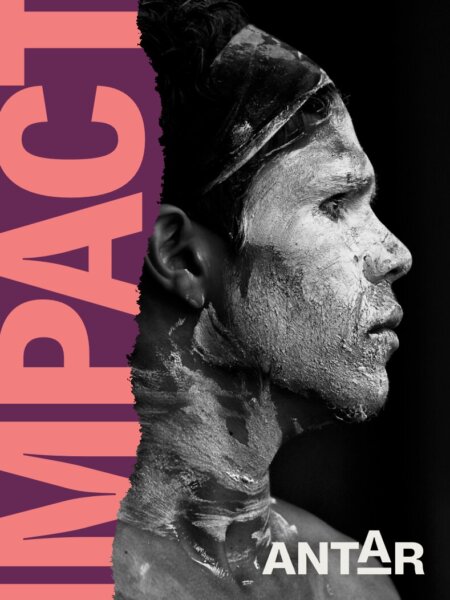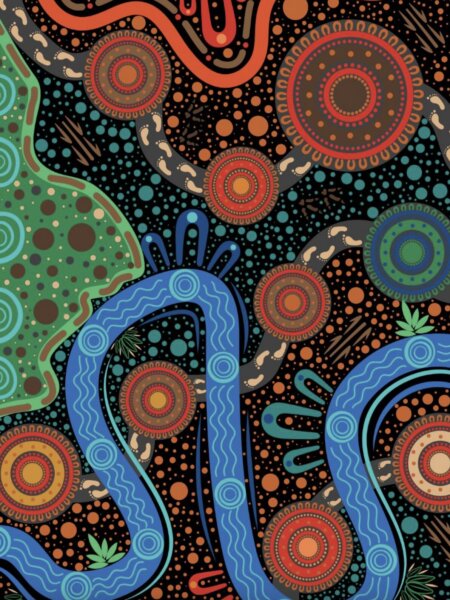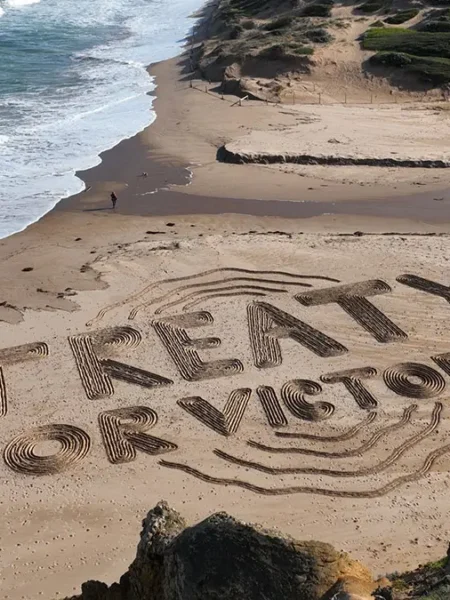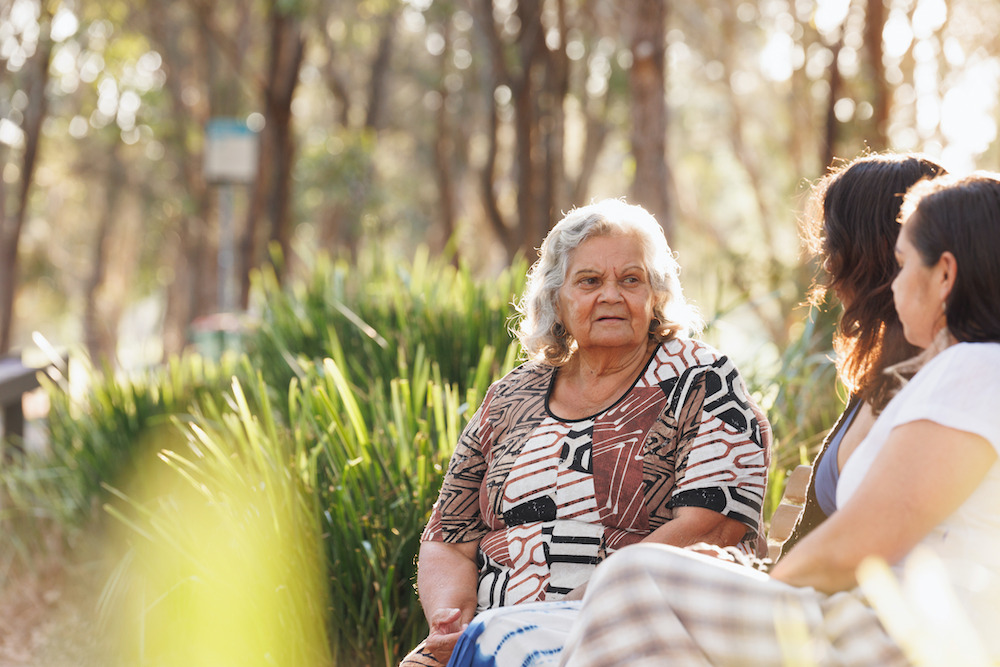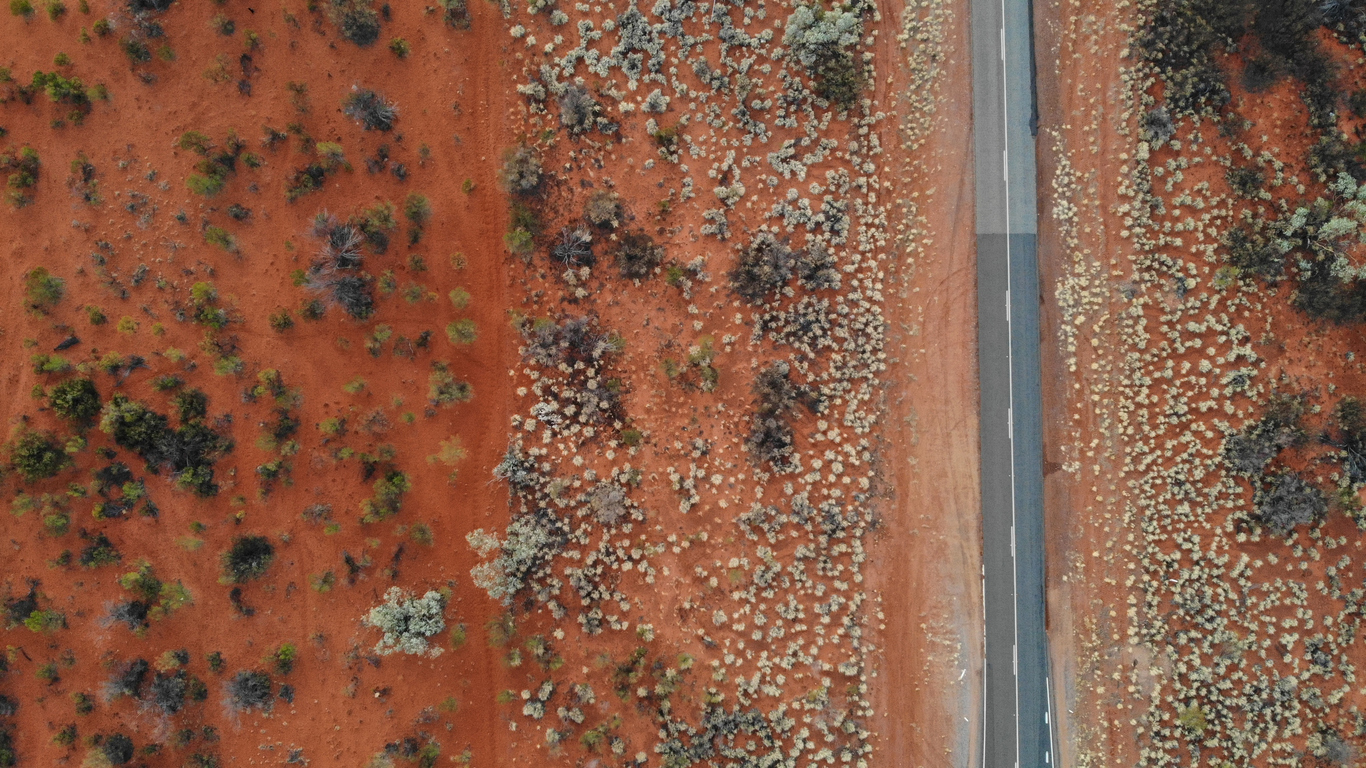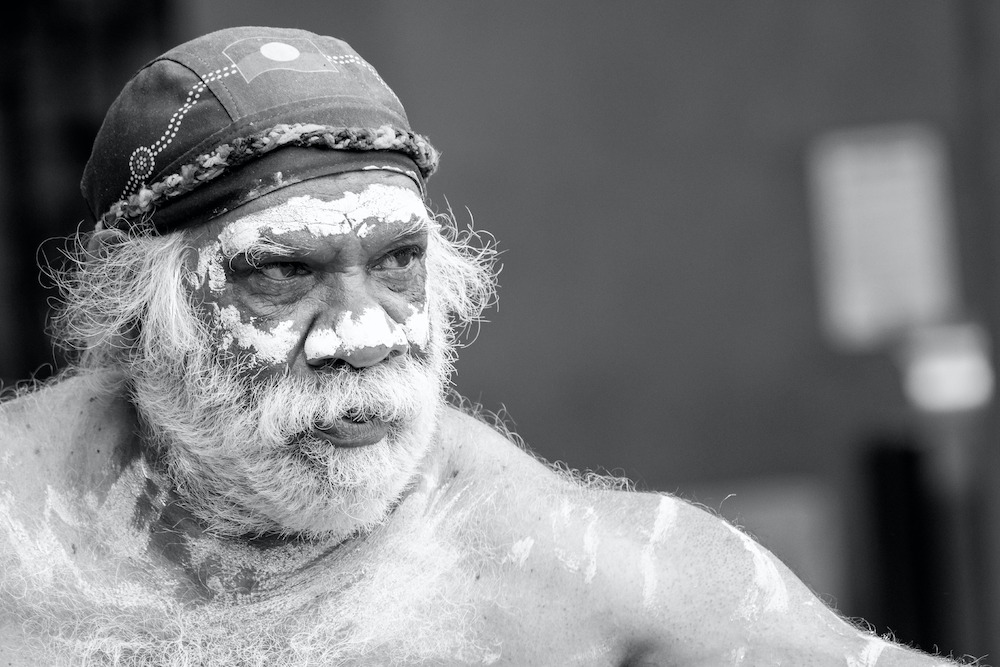It’s an uncomfortable truth for many Australians. But we must face up honestly to what actually occurred … whether we’re Aboriginal or European origin … Hiding behind the shadows of history is an uncomfortable existence until we face it, with some honesty. Truth is about the obligation to do the right thing.
Dharawal Elder, Gavin Andrews
Palyku academic, illustrator and writer Ambelin Kwaymullina speaks to the importance not only of truth-telling, but of truth-listening. Kwaymullina says, “there’s things that Indigenous peoples have been saying for a really long time, it’s just that those things have not been listened to”.
On a similar note, scholars Poppy de Souza and Tanja Dreher write about the conditions of listening as a political practice in settler colonial Australia. In particular, de Souza and Dreher point to the importance of listening in a way that disrupts settler colonial authority and is able to pay attention to uncomfortable truths about historic, structural and ongoing settler colonial violence.
Wiradjuri scholar Robynne Quiggin suggests that for non-Indigenous people in Australia, truth-listening centred on First Nations sovereignties might entail an acceptance of ‘discomfort as a norm’. Quiggin says:
…I think non-Indigenous people need to accept discomfort as a norm, and welcome it. And be open to complexity and uncertainty, so that what somebody might feel they know about their place in the country – in this place – can be thrown open and questioned so that people can actually have that vulnerability to ask themselves about the kind of benefit that they receive from the history and the present day.
Particularly as non-Indigenous allies, we have to ask ourselves: after and alongside the processes of First Nations peoples telling their truths, how do we engage in a politics and practice of truth-listening that is transformative? How do we listen in ways that invite new forms of living together based on justice and self-determination, and which unsettle and transform the settler-colonial status quo?
If we as non-Indigenous allies are to finally interrupt the ‘Great Australian Silence’, we have to first confront and address our collective failure to truth-listen.
Ways to engage
Wondering how you can participate in and practice truth-telling and truth-listening in tangible ways? Follow the links below for a few ideas:

